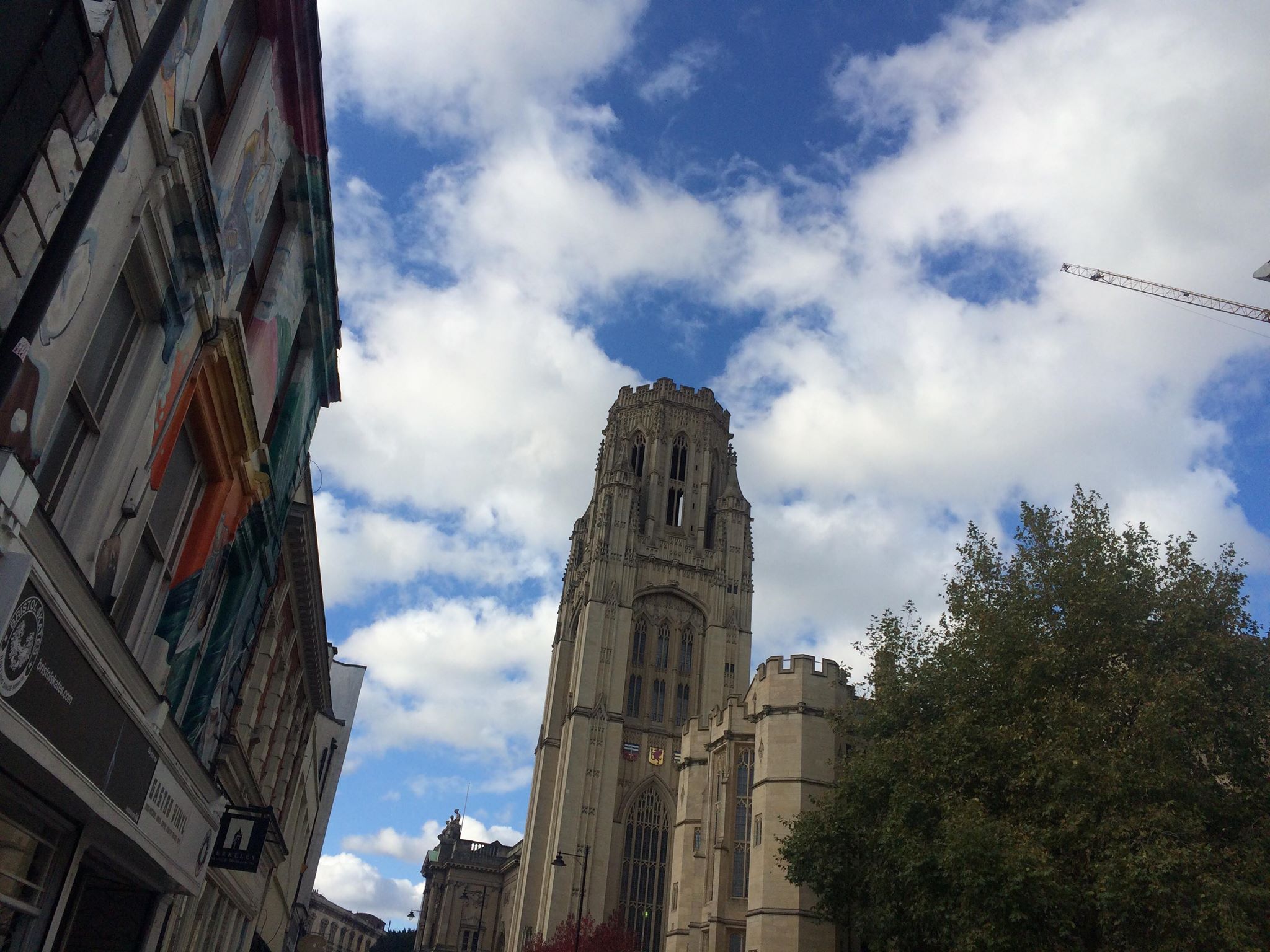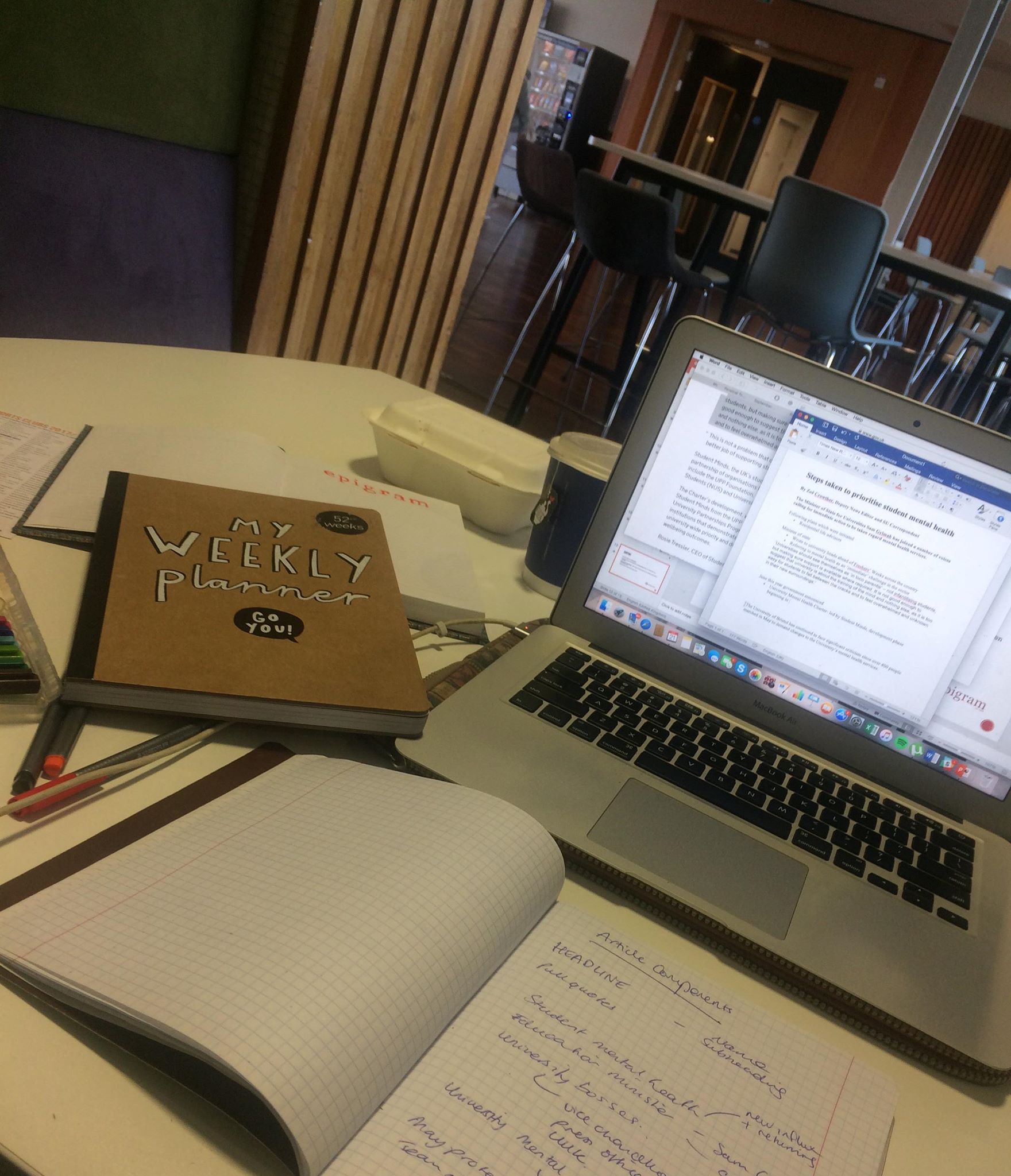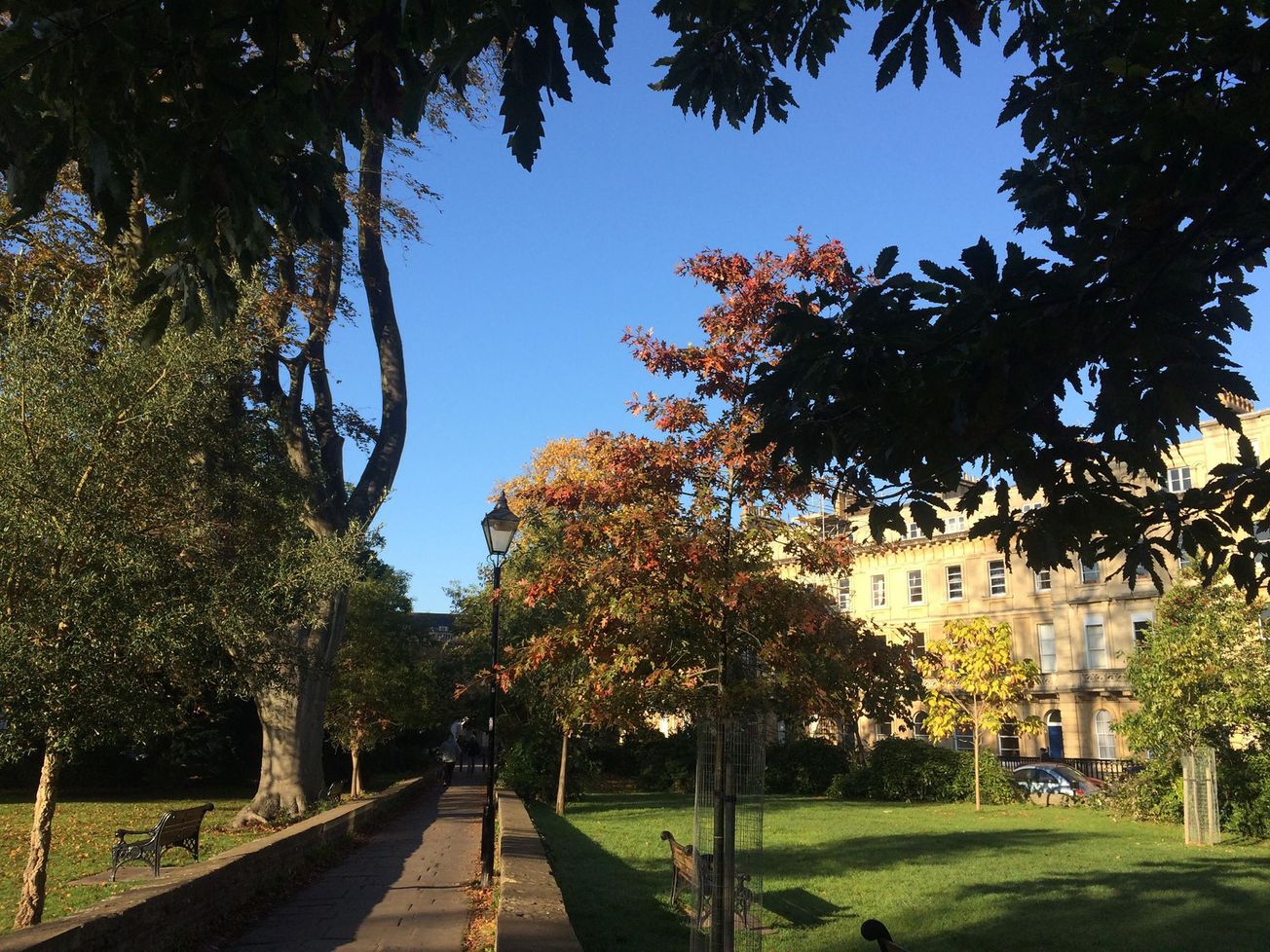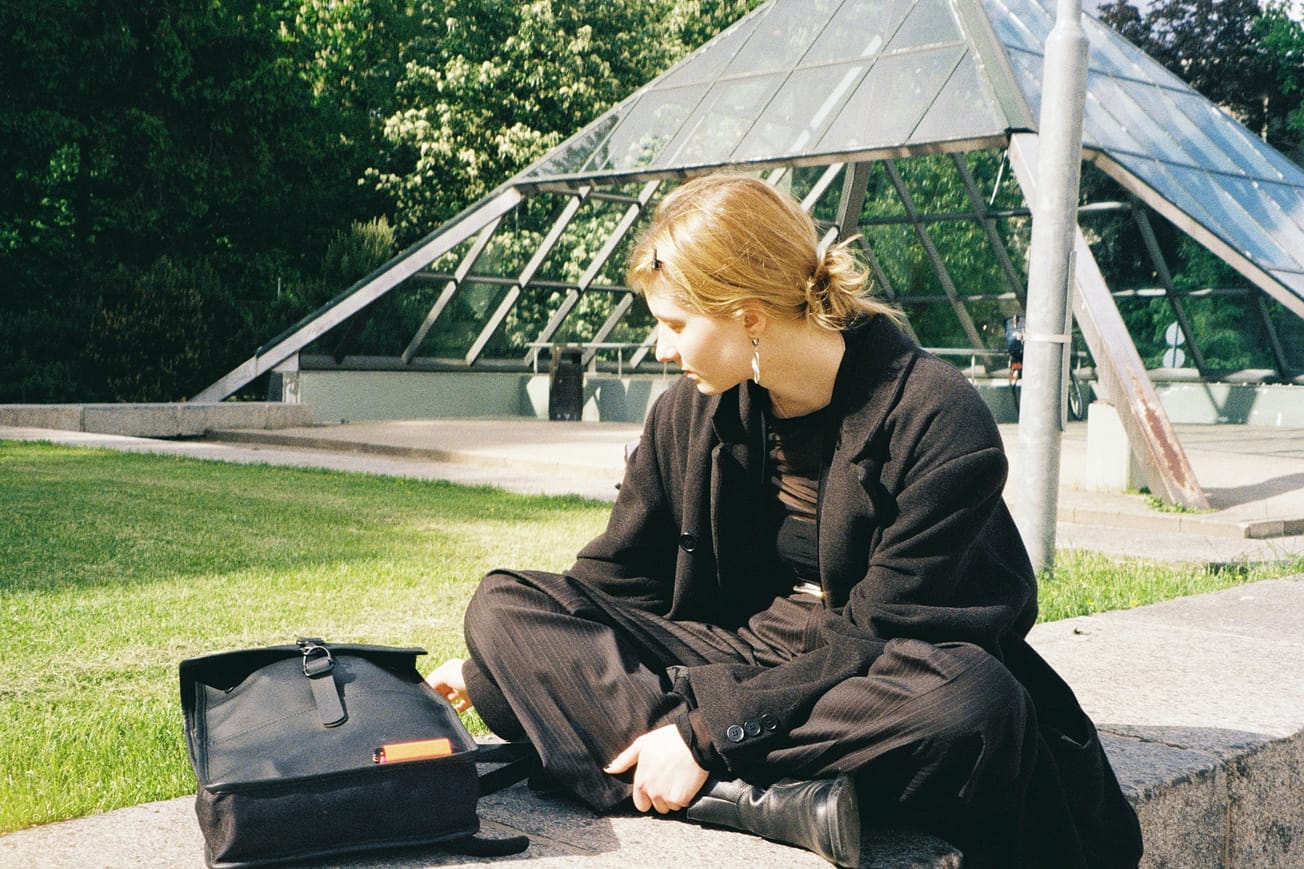By Zoë Crowther, SU Correspondent and MA History Student
MA History Student Zoë Crowther discusses how moving to Bristol for a masters differed from her experience moving to University as a Fresher.
As a postgraduate student you are in limbo. Lost and floating between your passion for the subject you have chosen to pursue and the inescapable feeling that you no longer belong to the very institution in which you have striven to remain. Finishing my undergraduate studies was such a blur of diss-stress and rushed goodbyes that the fact that I am ‘post’ that part of my life is somewhat disconcerting. ‘Postgraduate’ labels my current experience as something after, rather than something new.
As a born Midlander the South-West is alien territory to me, as is the popularity of leopard print trousers and the authoritative reign of Bristruths.
But new it certainly has been. I arrived in Bristol in September, a fresh graduate from Newcastle University. As a born Midlander the South-West is alien territory to me, as is the popularity of leopard print trousers and the authoritative reign of Bristruths.
My experience is my own and is not necessarily representative of other postgrads. And this is only an account of my experience so far: I am in the settling in stages, the first couple of months where it feels like every action and interaction I take part in should bear some significance for my future.

Photo by Epigram / Zoe Crowther
While of course I classify as a postgrad student, complete with a cringey graduation photo in my purse, I do not feel like one. In one of my first seminars, the seminar leader asked ‘what is it that we should specifically expect from you as Masters students?’ I replied ‘mastery’ and despite laughing in response, he agreed.
I can’t help but feel that the expectation of mastery pervades into my life as well as my studies. Within the space of a few weeks, you are expected to master navigation in every possible sense. In my first week, it was difficult to find my feet on campus when there are literally no maps online to show which buildings hold which rooms. I know the arts are complex, but who knew finding the building named after them could be so damn hard too?
Concerted efforts have been made to introduce wellbeing advisors in first-year accommodation and to include wellbeing induction talks in academic timetables. There is no such luck for postgraduates.
You would be correct in assuming mastery is something I have yet to achieve. Since I am lacking an established group of friends or family here, on an average day most of my hours will be spent solitarily. But I am not alone: 25 per cent of Bristol students report feelings of isolation.* I wonder whether anyone has done a study into isolation among postgraduates in particular?
One of the first things that struck me when meeting my fellow MA students was the wonderful variety of people, all with deeply personal reasons for extending their studies. There are those have spent years travelling, or working in a wide array of professions, all with different ages, backgrounds and experiences. Some have part-time jobs, some have to commute into the city every day, and all are settling into what is to be an intense but hopefully rewarding year. We are a diverse group of people who all have to find our own ways of negotiating between independent study and attempting to be part of a University community which makes little effort to include us.

Photo by Epigram / Zoë Crowther
My personal answer to this? Skipping between being hyper-active and hyper-potato. In Welcome Week, I signed up to more societies than I could count and made a rule with myself to say 'yes' to every social invitation. It is safe to say this promise has now been broken and much of my down-time is stereotypically dominated by Netflix and snacks. Nothing changes.
With pressure building on the University to provide better mental health resources this year, concerted efforts have been made to introduce wellbeing advisors in first-year accommodation and to include wellbeing induction talks in academic timetables. There is no such luck for postgraduates. Many PG students live alone or with complete strangers, but cannot spare the time to indulge in the same networking opportunities that undergraduates can.
Despite living in a flat of four, most evenings it does feel like a bachelorette pad due to our ever-busy schedules.
I am lucky: I have a friend already living in Bristol, who ‘match made’ me with someone to live with and provides a vital point of connection for insights into the city and area. Despite living in a flat of four, most evenings it does feel like a bachelorette pad due to our ever-busy schedules, but nonetheless it is a comfort to live with such down-to-earth, lovely people. It has to be said, I have found everyone at Bristol to be friendly and welcoming. With the camouflage of confidence spurring me on, I have no doubt that given time, Bristol shall feel like home.
A record percentage of young people now apply to undergraduate studies, and to feel less like a tiny fish in a gargantuan ocean, students feel the need to reach high levels of attainment in their academic and extra-curricular pursuits.** I know I put a lot of pressure on myself to do so. Apparently, I am now a ‘mature’ student. Perhaps maturity means casting aside these self-afflicted pressures and instead viewing this year as one of personal development, figuring out both myself and what my future could hold.
*Research carried out by University of Bristol and Bristol SU
**Statistics from UCAS Track 2018
Featured Image: Epigram / Zoë Crowther
Are you also a Postgrad student that wants to share their personal experience? Comment below or get in touch!









